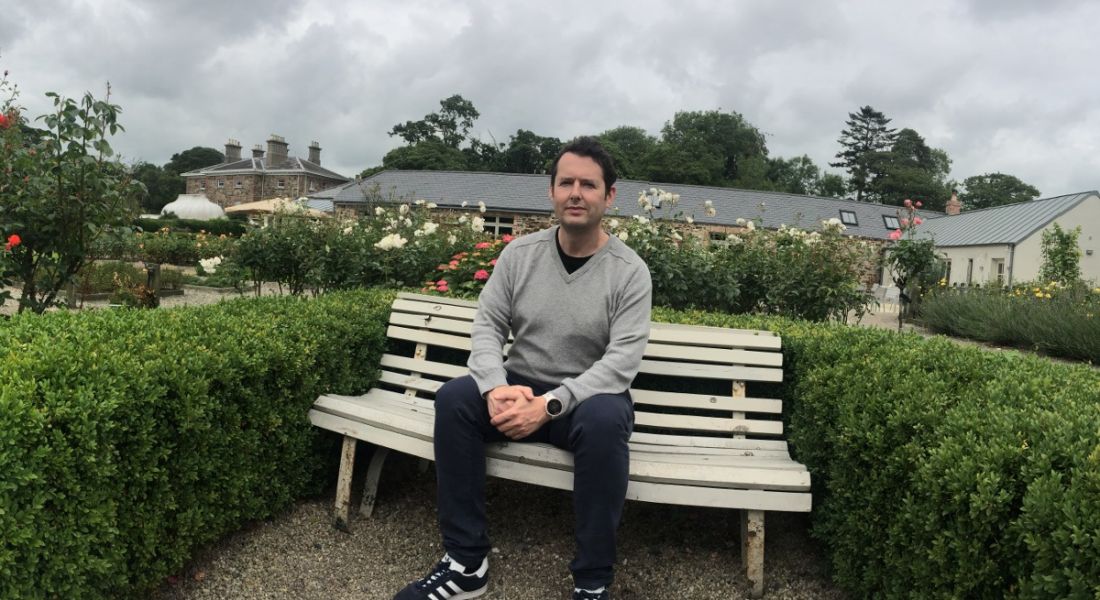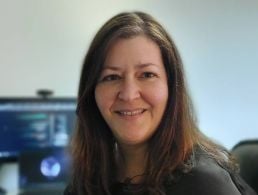Thinking about doing a master’s? Balancing a degree, a family and a full-time job can sound like too much to handle, but it doesn’t have to be.
Developing your career is all about upskilling and building your experience. Sometimes this can be done within an organisation, and you can move up the ranks.
Other times, you might need to pivot slightly and gain some additional education. That’s exactly what Rory Cawley did.
Cawley is currently the principal implementation consultant with Qualtrics. “My daily work involves helping to scale the Qualtrics EMEA product implementation team by creating new tools, technology and processes to help us to continuously improve how we do our work.”
His first job involved the development of a networked software alert system for the elderly. Since then, he has gained years of experience as a software engineer, engineering manager, project manager and consultant in various different companies.
Cawley opted to do a master’s degree because he wanted to get back into the world of software. “I left software development behind a while back but I still love technology, so becoming a software architect was an interesting goal for me,” he said. “I’m a father of two young girls and I work full-time, so the option to do a master’s part-time was perfect for my schedule.”
With a talent shortage in the tech sector, more educational institutions are creating degrees and programmes that satisfy the skill needs that are out there.
‘Having a family makes it harder to add these extra challenges in, but anything is achievable once the decision is made to do it.’
– RORY CAWLEY
For example, Technology Ireland ICT Skillnet has created a new master’s degree in applied IT architecture. This was done in collaboration with the Irish Computer Society, Institute of Technology Tallaght and the International Association of Software Architects with support from Fidelity Investments, IBM, Cisco and LM Ericsson.
While doing a master’s was one of Cawley’s big goals in life, he said it was much harder than he thought. “It’s a constant struggle to manage energy for motivation,” he said. “Having a family makes it harder to add these extra challenges in, but anything is achievable once the decision is made to do it.”
Cawley said that in a fast-paced organisation such as Qualtrics, employees need to be on the ball, which can take its toll when it comes to his master’s.
“After work, I’m usually pretty wiped out so when I get home, I have to largely ignore my family so I can go straight into lectures or meet the deadline for an assignment. It’s hard on everyone,” he said.
“What’s worse is, many times I’ve been in a lecture and I can’t grasp a concept because I’m too tired – that means I have to go back to the lecture at the weekend when I have less pressure on me.”
While Cawley did find juggling his job, his family life and his master’s challenging, he said Qualtrics was very supportive. “My manager Donnchadh regularly asks me how things are going to see what additional support I might need,” he said. “Qualtrics also helps me find ways of using my study as part of my job, such as doing research papers to help solve real work problems.”
Cawley’s master’s degree has been extremely rewarding. He says he now has enhanced insight into the business value of technology and how to communicate to company executives.
“I’ve also gotten regular practice doing analysis of company problems, designing technology solutions and then presenting the business cases for the solutions to business leaders,” he said.
“The master’s degree provided me with several models that I use to analyse problems and solve them using technology-backed solutions.”
“I feel lucky to have found this master’s and I’ll be reaping the benefits of this education in my career for a long while.”




